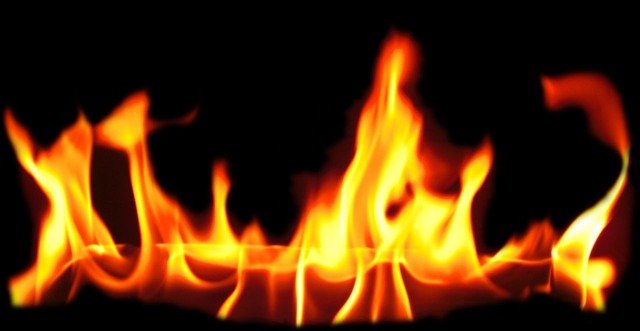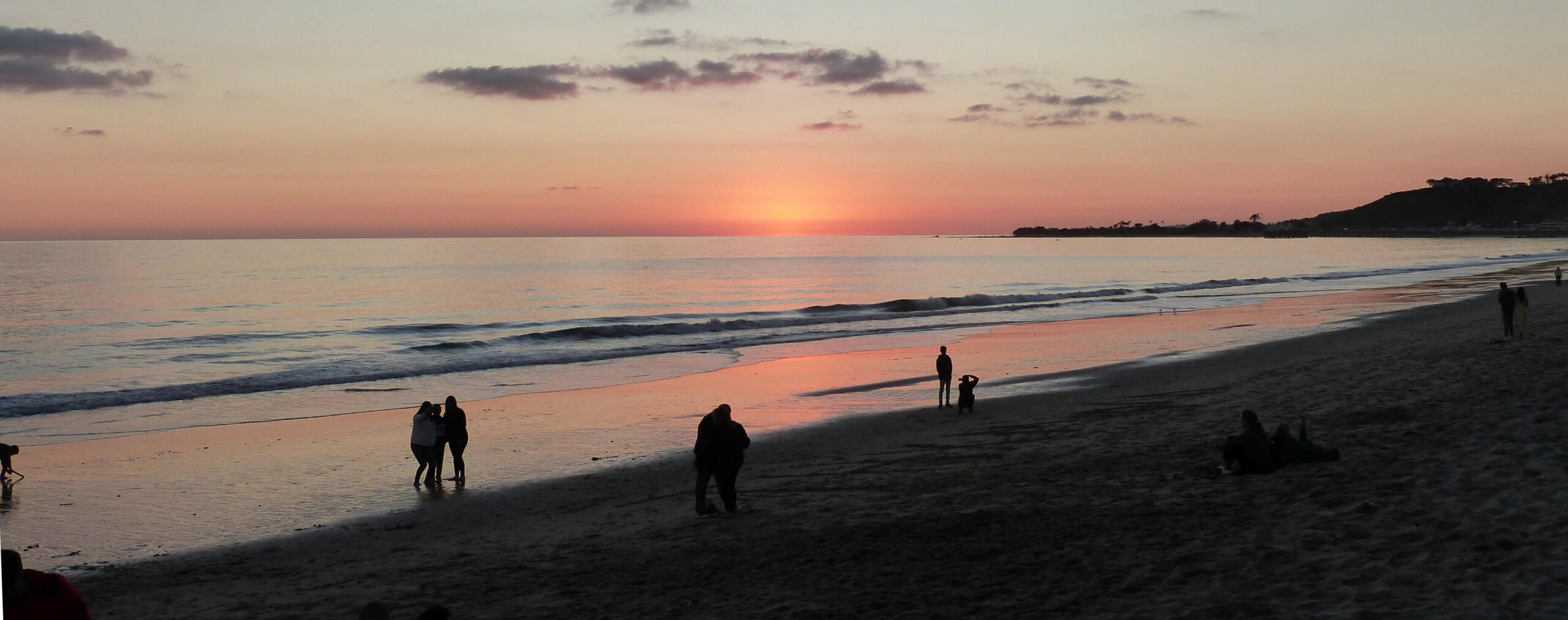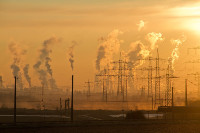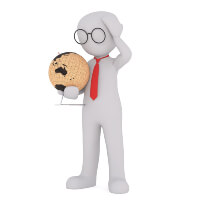
Welcome to Warming World Explained, a podcast to clarify the basic science underlying the questions of climate change, explained in plain English for the general public. This is not a political podcast.
Even though we have all seen the weather go berserk in recent years, in the United States the discussion of climate has become partisan, and it shouldn’t be. What should be done and who should do it are political issues. But facts are just facts. There is no such thing as a red fact or a blue fact.
I’m Beth Stoeckly, your host and tour guide. I want you to be able to understand and evaluate what you read and see and hear about climate change, and make the political decisions for yourself.
In a perfect world, you would hear what I have to say and believe me or not based on whether it makes sense. But alas, we do not live in a perfect world and you probably want to know my credentials.
I am a retired physics and math teacher. I hold a bachelors and masters degree in physics from Rensselaer Polytechnic Institute and a PhD in physics from the University of California at Santa Barbara. I have taught physics, physical science and applied math for students from 9th grade through second year graduate students. Most of the courses I have taught have been for non-science majors.
Therefore, I believe that I have a good background to understand what scientists write and say and translate it for the general public.
This podcast will discuss what determines the temperature of the earth. We’’ll talk about how the earth gains and loses heat. We’ll talk about what the green house effect is and how it works, and how some of the processes occurring as the earth warms may lead to more and faster warming, and why most scientists believe that humans are causing global warming or making it worse. We’ll talk about what is known and what is not, what science can do and what it can’t, what computer modeling is and why modeling of the atmosphere can’t be made perfect.
In this introductory episode, I will discuss several points about how we get and use information.
First, these days, we got a lot of our information from the internet, and that is both good news and bad news. The good news is that the internet is an amazing fountain of information on all subjects, available instantly and readily searchable. The bad news is that it also a raging torrent of misinformation. I used to tell my students that www stands for wild, wild west, because anyone can post anything. I believe that you can find support for any opinion about anything somewhere on the internet. To illustrate, I googled “flat earth”, and got 979,000,000 hits! And I had thought that issue was decided 500 years ago.
The point I am making is that we should use the internet with care, and consider the source of any information we find there. Just as there are probably some people and some newspapers that you consider more responsible and reliable than others, the same should be true of websites and people who make YouTube videos.
The second point is that novels, movies and TV shows may create an unrealistic picture of what science is. That is to be expected; they are fiction. Now, it isn’t just science. No one has personal familiarity with all professions and all arenas of human activity. If you haven’t spent time sitting in on court trials, you probably have a mental picture that comes from books, movies and TV. Most of us have never been in an operating room during surgery, at least not when we were conscious. But most of us have seen medical dramas. People who are familiar with each of these arenas will notice lapses made through ignorance or poetic license but the rest of us will take the scene at face value.
For example, there is a scene in an episode of NCIS in which Abby, the forensic scientist, gives one of the agents a result with a whole string of decimal places. The agent asks, “Can you really calculate that so precisely?” And Abby answers, “I’m a scientist; I can calculate anything precisely” This scene offends me because the essence of being scientific isn’t a lot of decimal places. The essence of being scientific is basing conclusions on evidence, and keeping track of how precisely we actually know the answers. Calculations have to start with data, numbers that are measured, and some things can be measured very precisely and others can’t.
The point I am making is that Abby Sciuto is not a scientist; she is a character in a TV drama. And the writers who write her lines are not scientists; they are storytellers. And they are very good at it, which is why so many more people watch NCIS than watch NOVA. And I’m not objecting to drama; if I hadn’t watched that NCIS episode more than once, I would not have noticed the line that offends me, because the first time I see an episode I’m too caught up in the story to notice little lapses. I am asking you to consider that if your vision of science comes from novels, movies and TV, perhaps you should be open to tweeking that vision as we go on.
The most important point is that almost every scientist in the world agrees that climate change is real, and that humans are either causing all of it or contributing greatly to it. We will discuss why they believe this in coming episodes. The basic science is not controversial, although there is disagreement about details, and especially about predictions. If you view science as yes or no, cut and dried, black or white, that remark may seem strange. Let me give you an analogy.
Suppose you fill a pot with tap water, put it on a gas stove, and turn the flame under it all the way up. Everyone will agree that the water will get warmer. Almost everyone will agree that if we leave the pot there long enough, the water will boil.
Now suppose I ask you to predict how soon the water will start to boil. That depends on the temperature of the tap water, the amount of water in the pot, the rate at which the gas flame delivers heat to the pot. We could measure the amount and temperature of the water fairly accurately. The gas flame is harder; the heating rate may vary depending on how many appliances are drawing gas from the same line, because the pressure in the line may decrease. Of course, you could also estimate how long it would take the water to boil if you have boiled water before on that stove with that pot. But either way it will be an estimate. Reasonable people who agree on the basic prediction – the water will boil – may disagree about the detail—exactly when it will start to boil.
When water is boiling, little bubbles of steam form inside the liquid and rise to the surface because steam is much less dense than water. Consider this: no one can predict exactly where in the liquid the next bubble will form. And yet we believe that the water will boil.
Unfortunately, when scientists argue about the details of their predictions, it is easy to lose sight of their underlying agreement. And news media frequently emphasize disagreement, no matter how small, because agreement and long understood principles aren’t news. But they are important to understanding the issues we face.
Let us consider the pot-of-water analogy a little further. We agreed that the water will boil, because I said the burner was turned all the way on, and stoves are supposed to be able to boil water. But what if the burner were only on part way, maybe only a little? As the water starts to heat, as soon as it is warmer than the surrounding air, the pot will start to lose heat at the top and sides. The hotter it gets, the more heat it will lose. If the heat input at the bottom is small, there may be a temperature less than boiling where the heat loss equals the heat input. The water will not get hotter.
We do this on purpose when a recipe tells us to simmer something. We adjust the flame so that the temperature stays steady just a bit below the boiling point: hot enough to cook, but not hot enough to boil away the liquid. If the flame were turned up, the liquid would boil. If the flame were turned down or off, the pot would cool because the heat loss would exceed the heat input.
These are all familiar facts, not controversial, although you may not have thought about them in just this way before. For the earth as a whole, as for the simmering pot, the temperature can only remain constant when heat input equals heat output. In the next episode, I will discuss how the earth gains and loses heat, what is meant by the greenhouse effect, and how certain gases in the atmosphere effect it.
In summary, the points I would like you to take away from this are introduction are: the internet is a wonderful source of information if it is used with care, the image of science we get from TV is not always accurate, and the scientists of the world are almost all in agreement about the reality and the human causes of climate change, even though they disagree about details, especially predictions.
Until next time, goodnight for Warming World Explained.



